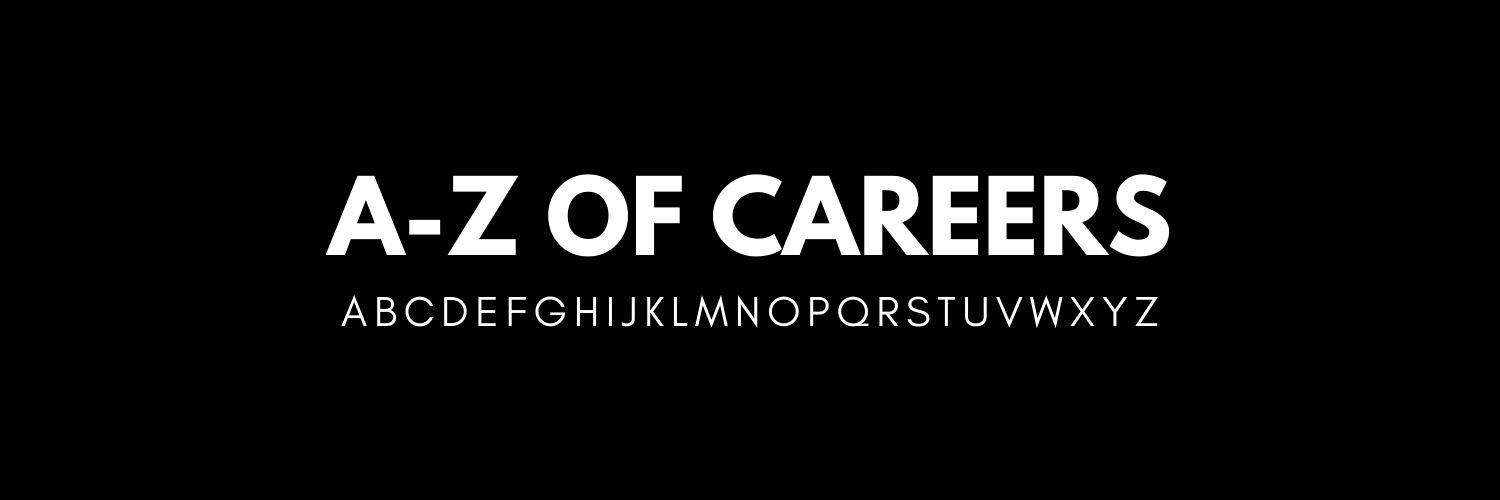Here’s 10 top business jargon words to stop you being stumped in an interview.
Language is incredibly important. When we understand it, we can feel part of the team, and when we don’t, it can feel exclusive, and can cause a dry mouth moment in an interview.
This week, we asked Head of Enterprise and Engagement, Abbie Kempe, to help de-mystify a few commonly-used words and phrases. She writes…
Having spent most my career working in Financial Services and dealing with a wide spectrum of organisations from tradesmen to multi-national brokers, you get to hear lots of buzzwords used in the business world. Corporate speak can be both a valuable skill and something that causes your colleagues to roll their eyes. Some words go in and out of fashion, others stand the test of time.
Here’s a selection when starting a job or working with businesses that might come in handy:
- Business-as-usual (BAU): to say that something is working or continuing in the normal or usual way e.g. the standard day-to-day operational functions of a business.
- Blue sky thinking: refers to brainstorming – being open to all creative ideas.
- CRM: stands for Customer Relationship Management and relates to an organisation’s ability to capture and analyse interactions and data about their customers and prospects (potential customers). It normally applies to CRM software, a system for managing relationships with your customers.
- Customer journey: A documented list of experiences that a customer will go through when interacting with a company from start to end.
- Deep dive: means to look at something in detail, to do an in-depth analysis.
- Quick win or low hanging fruit: something that can be accomplished that doesn’t require a lot of resources or work but could have high impact on your business.
- The wider picture: this phrase is often heard in the context ‘seeing the wider picture’ and means understanding the whole situation and the effects of that situation on other things.
- Target operating model (TOM): is a description of the future/desired state of an organisation’s operating model.
- Think outside the box: ability to step back and think more creatively
- Value chain: a set of activities that an organisation operating in a specific industry performs in order to create value for its customers.

Image of Porter’s value chain
Getting further support from The Careers and Enterprise Team at CCCU
You can get ongoing careers support via the following ways:
- Email careers@canterbury.ac.uk
- Log onto the Careers and Enterprise Online Hub to access resources such as CV360, Interview Simulator and more. Our Live Chat function is also available for you to speak to us 10-12 and 2-4 Monday to Friday
- Check out our YouTube channel for more advice and signposting
- Don’t forget our workshops – all online and free and for all current students and recent alumni (up to 3 years post-graduation).
 Careers and Enterprise Blog
Careers and Enterprise Blog Susannah Gilbert
Susannah Gilbert 882
882


